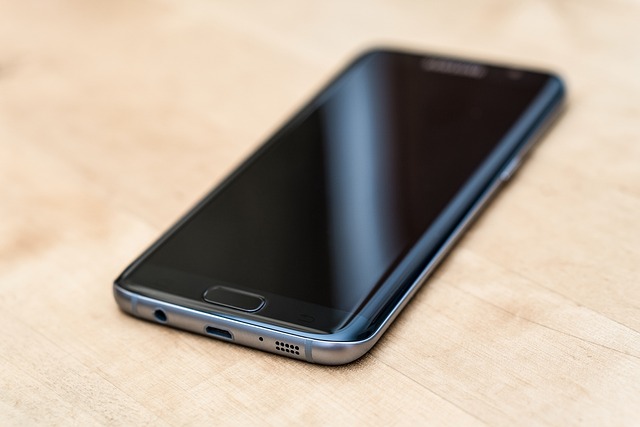New York's Mini-TCPA regulates outbound phone marketing, demanding prior express written consent and opt-out options from businesses using autodialers. To comply with these strict guidelines and avoid significant fines, companies should consult experienced autodialer lawyers or autodialer attorneys in New York who specialize in TCPA compliance, ensuring strategic marketing practices that protect consumer privacy and maintain business reputation.
“Unraveling the complexities of New York’s Mini-TCPA is essential for businesses navigating phone marketing regulations. This concise legislation has significant implications for companies using automated dialing systems, particularly in the vibrant New York market. With increasing consumer protections, understanding the law and its impact is crucial.
This article guides you through the key aspects: from defining the Mini-TCPA’s reach to exploring legal strategies with an autodialer lawyer in New York. We also offer valuable insights into ensuring compliance and protecting your business from TCPA litigation.”
What Is New York's Mini-TCPA and How Does It Affect Businesses?
New York’s Mini-TCPA (Telemarketing Consumer Protection Act) is a set of regulations designed to protect consumers from unwanted telemarketing calls, specifically those made using an autodialer. This law has significant implications for businesses in New York that engage in outbound phone marketing strategies. If your company utilizes an autodialer or automated telephone technology to make sales or marketing calls, understanding the Mini-TCPA is crucial.
The law sets strict guidelines on when and how businesses can use autodialers, with a strong focus on consumer consent and opt-out rights. Businesses must obtain prior express written consent from consumers before placing automated calls, and provide an easy way for recipients to opt out of future calls. Failure to comply can result in substantial fines, making it essential for companies to partner with experienced autodialer lawyers in New York or consult with autodialer attorneys to ensure full compliance and protect their reputation.
Navigating the Legal Implications: Autodialer Lawyer in New York
Navigating the legal landscape surrounding autodialers can be a complex task for businesses operating in New York. With strict regulations like the TCPA (Telecommunications Consumer Protection Act) and its mini-version specific to New York, understanding the nuances is crucial. An autodialer lawyer in New York becomes an invaluable asset, guiding businesses through these legal implications. These attorneys specialize in interpreting and enforcing consumer protection laws, ensuring compliance for automated dialing systems.
An autodialer attorney in New York can help businesses craft effective marketing strategies while adhering to the rules. They provide insights into what constitutes permissible and prohibited practices when using autodialers, preventing costly mistakes and potential legal repercussions. Their expertise involves understanding the technical aspects of autodialing technology and its impact on consumer privacy, ensuring fair business practices and a harmonious relationship with New York’s consumer protection laws.
Strategies for Compliance: Protecting Your Business from TCPA Litigation
Navigating the complexities of TCPA (Telemarketing Consumer Protection Act) compliance is paramount for businesses in New York, especially with the rise of autodialers. Businesses must implement robust strategies to ensure they are adhering to the strict regulations to avoid costly litigation. Engaging the services of a specialized autodialer lawyer New York or an autodialer attorney New York can provide crucial guidance.
These legal experts, hailing from reputable autodialer law firms New York, can offer tailored advice on best practices, such as obtaining explicit consent before making automated calls and maintaining detailed records of call activities. By entrusting these matters to seasoned professionals, businesses can safeguard themselves against potential TCPA-related lawsuits, ensuring their operations remain compliant and protected within the dynamic legal landscape of New York.






